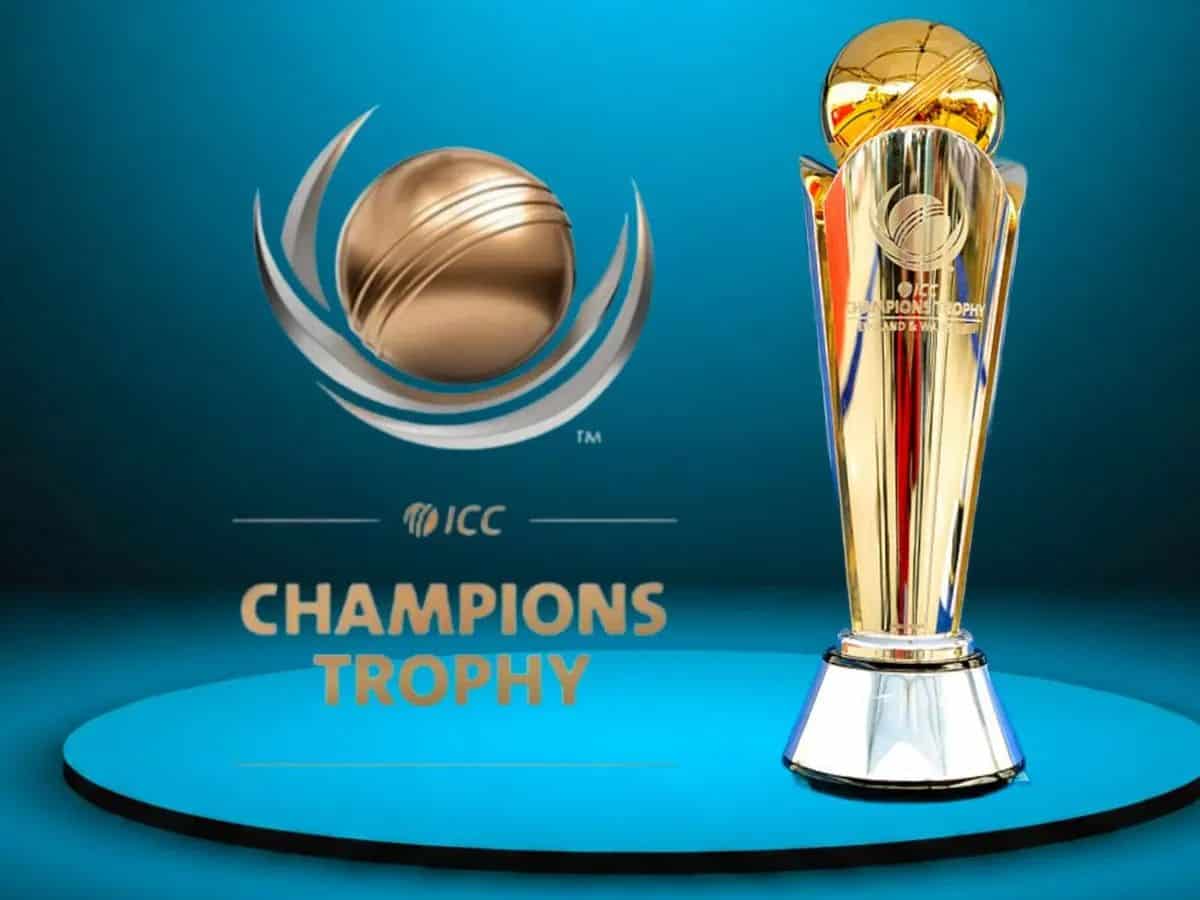
With the Champions Trophy around the corner, all eyes are on Rohit Sharma and his men in blue. Can they win the trophy for India? As captain, Rohit has now chalked up 98 victories out of the 137 ODIs in which he has led India. His leadership has been instrumental in India’s success in the limited-overs format. Now fans are hoping that Rohit and his men will lift the coveted trophy soon.

The job of a cricket captain is a particularly tricky one. In all team sports, there is a captain but in cricket, that role is far more complex and needs more circumspection than in most other sports. The task before Rohit is full of many challenges on various fronts.
Here is a look at some of the most successful captains in India’s cricket history and their methods.
M S Dhoni
From the Indian point of view perhaps the first name that comes to mind is that of M S Dhoni. His leadership of the Indian team has set a benchmark that will be hard to match. His calm demeanour, his strategic brilliance, and moments of sheer genius have left no doubt in anyone’s mind that he belonged to the top drawer when it came to captaincy.
Under Dhoni’s leadership, India played 60 Tests, won 27, lost 18, and drew 15. It gave him a win percentage of 45. Although his Test record may not match his success in ODIs and T20Is, it is still outstanding by any standards.
During the T20 World Cup in 2007, Dhoni led India to a maiden victory. His unconventional strategies were crucial in securing India’s thrilling victory. Under Dhoni, India won 41 out of 72 T20 matches, giving him a win percentage of almost 57.
In ODI cricket, Dhoni led India to a victory in the 2011 World Cup. He further guided the team to a Champions Trophy triumph in 2013, making him the only captain to win all three ICC trophies in limited-overs cricket.

Wadekar and Kapil Dev
Ajit Wadekar and Kapil Dev were influential and successful captains too but each had his own approach to the task. The well-educated Wadekar’s approach was that of an intellectual and he achieved success with a series of cleverly planned strategies. Under his leadership, India defeated the mighty West Indies in a series for the first time. He then repeated the success in England. They were two landmark triumphs that will never be forgotten.
Kapil Dev on the other hand was an action-oriented Haryanvi who led his men from the front. He used his bat like a sword. His fiery eyes would tear into the soul of every erring player and he commanded respect by personal example, his immense confidence and courage were beyond words.
During the 1983 Prudential World Cup campaign, the Indian team was about to collapse in a contest against Zimbabwe. The scorecard tells an interesting story. It shows openers Gavaskar and Srikkanth both out for zero. Then came the names of Mohinder Amarnath (5) Sandeep Patil (1) and Yashpal Sharma (9).
One by one, the cream of Indian batting returned to the dressing room and looked for a place to hide from Kapil Dev’s fury. With anger visible in every look and movement, the skipper walked out to take up the fight. What followed was a massacre. After Yashpal, the next name on the scoreboard is that of Kapil Dev. It reads: Kapil Dev not out 175, 138 balls, 16 fours, 6 sixes. With single-minded determination, Kapil took India to victory that day and set a world record in the process.
When he finally held the Prudential Cup aloft after beating the West Indies, he achieved something that no other Indian captain had done before him.
Sourav Ganguly
Sourav Ganguly came as a breath of sunshine after the betting scandals had brought darkness to Indian cricket. He was supremely confident and overcame several hurdles such as his highly publicised disagreements with Coach Greg Chappell.
Some of his main achievements include leading the team into the 2003 World Cup finals, winning the Border-Gavaskar Trophy in 2001, and beating England in the 2002 NatWest Trophy finals. He captained India in 195 matches across all formats and secured 97 victories.
Ganguly’s leadership was aggressive and innovative. He marshalled the junior players, made them feel protected, and gave them the confidence to raise their game. Harbhajan Singh, Virender Sehwag, Yuvraj Singh, and many others owe a great deal of their success to Ganguly. His strong character, his willingness to look the opposition in the eye, and his backing of young talent made him a great captain.
In his autobiography, A Century Is Not Enough Sourav has written: “Cricket may be a sport to some but to me, it was life itself and very close to my heart. It was everything to me.”
The 2025 edition of the Champions Trophy will be the event’s ninth edition. The top-ranked ODI teams of the world will be in the fray. Can Rohit Sharma give his team the right inputs and impetus to win the trophy? The skipper must go flat out and inspire his men to achieve a victory. If he can do it, his name too will be listed alongside
the great Indian captains.




